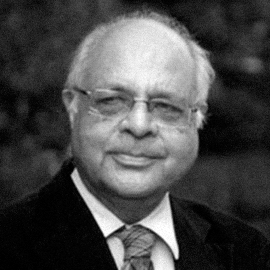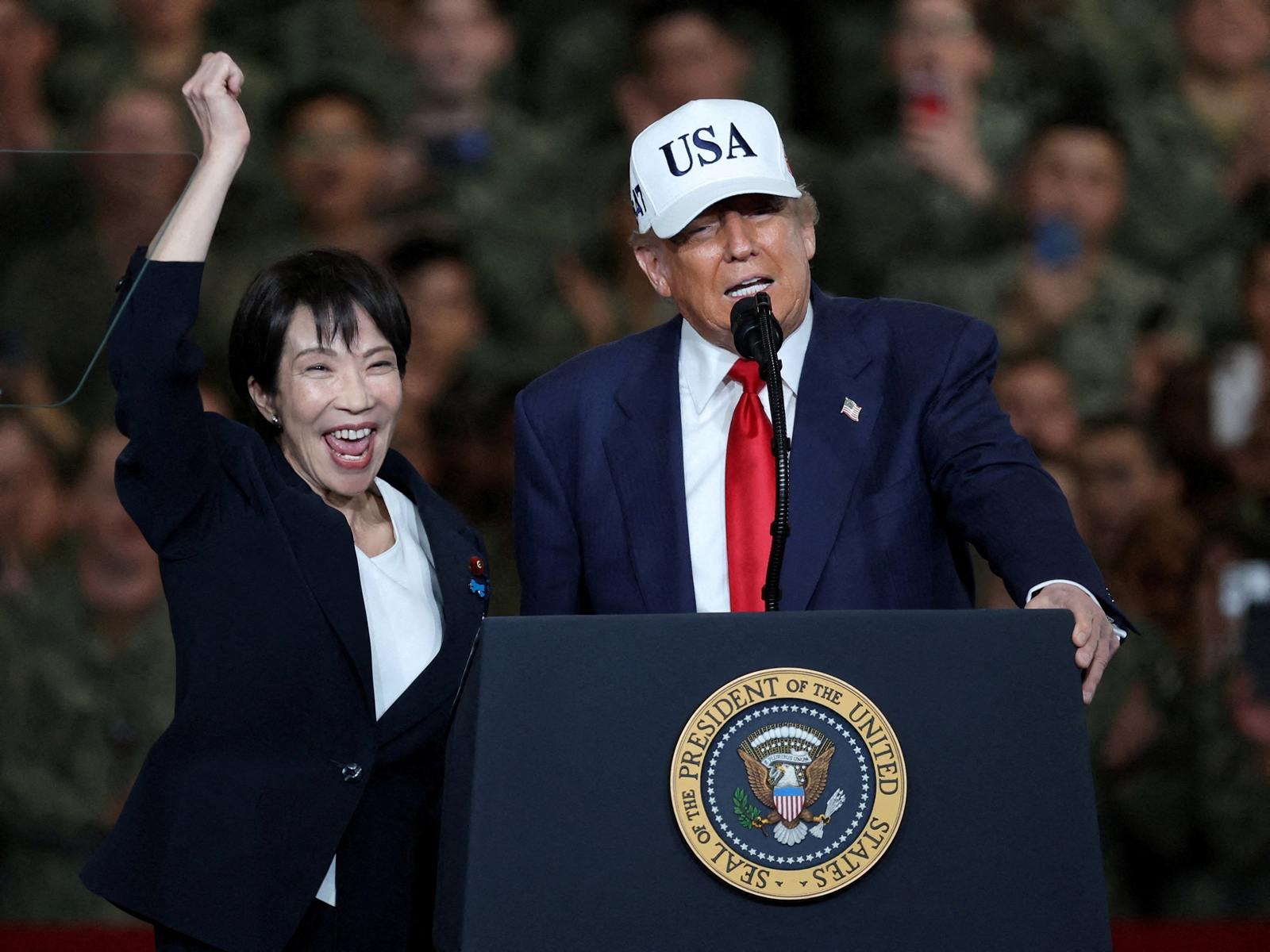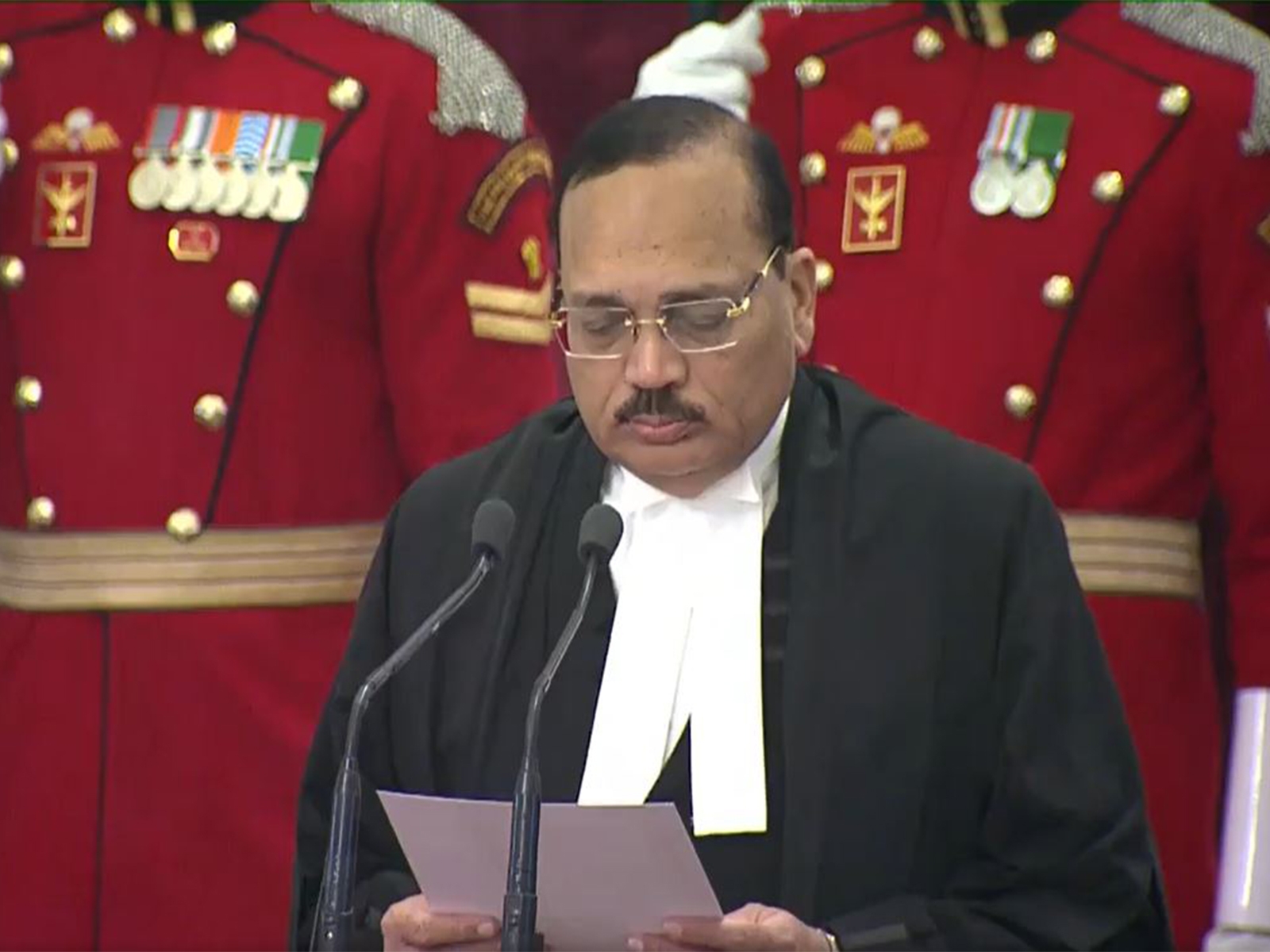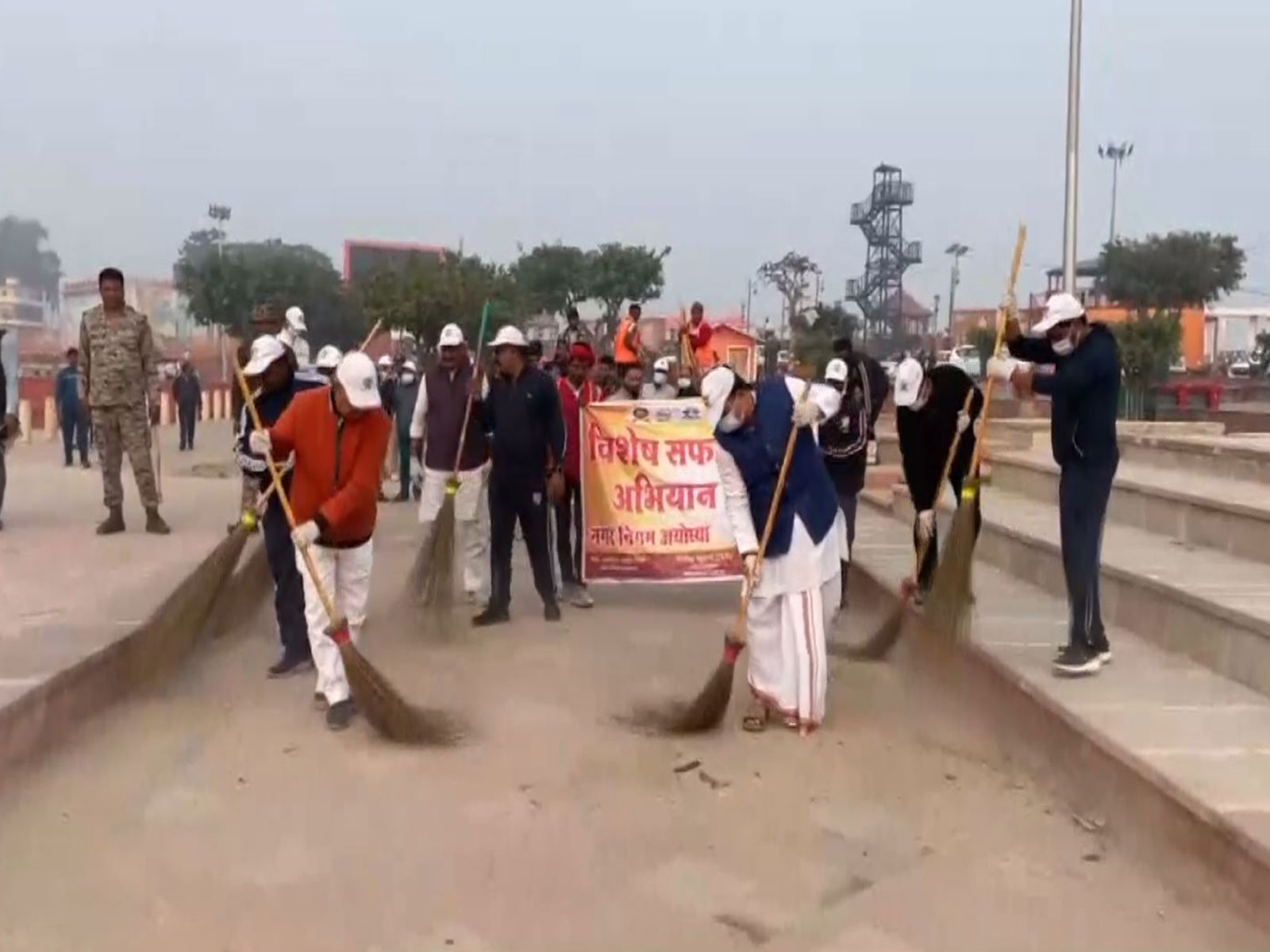Dear PM, please sell the right message to the right audience

Modi I
- Narendra Modi credited Gandhi for a quote by Bertrand Russel at UN
- The PM translated Sanskrit verses in his speech to the General Assembly
- Modi also spoke about poverty, development etc
- In short, he read out a boring speech
Modi II
- Silicon Valley saw a different Modi
- The PM spoke passionately about technology
- He was witty about Google
- His interesting pitch won the audience over
Mind the gap
- Modi is good with words, but doesn\'t pitch them right
- He often ends up with nothing to sell despite coming across a market
- The Prime Minister must be persuasive enough
"One must care about a world one will never see," said Mahatma Gandhi according to Prime Minister Narendra Modi: that is how he began his speech to the General Assembly of the United Nations. Well, it was Bertrand Russell who said it, not Gandhi. Provincial pride must not go so far as to misappropriate wisdom.
Then he went on to give translated versions of Sanskrit sayings he must know by heart, and gave a message which could be summarized as saying, "Be good, and trust in God; He will see you through."
That is a perfectly good message; it would have been fine in a meeting of Indic believers. But it is not the subject I would have chosen to speak to senior representatives of 180 diverse countries about.
The prime minister was preceded by King Tupou VI of Tonga and President Prosper Bazombanza of Burundi, and followed by the prime minister of Fiji and the foreign ministers of Germany, Russia and China. His speech must have gone entirely over their heads.
Modi also spoke at length about hoary old topics dear to Indians - development, poverty removal, industrialisation, infrastructure, environment and so on. I do not know how well he succeeded, but it was a speech eminently designed to put his audience to sleep. If anyone stayed awake, he must have thought, "Not another boring Indian!"
A missed opportunity
More important, he missed the chance to convey anything of strategic national interest. For instance, he could have mentioned the resolution of the problem of enclaves with Bangladesh, and thanked Sheikh Hasina, who spoke after him. He could have thanked Josaia Bainimarama for making him feel at home in Fiji, and appreciated its rainbow of races living together.
He said while the world spoke of the private and public sectors, India had defined a new personal sector of individual enterprise, micro enterprise and micro finance, drawing on the strength of digital and mobile applications.
This is confused thinking. All these are part of the private sector. And the government did not create this sector. It emerged in the days of licence permit raj to evade controls, and continues to survive because of its low wages.
Indians are prone to boast when they meet foreigners. They like to tell them what a great country India is and what great things we are doing. They think they are educating foreigners about Indian realities. They do not realize that the foreigners think they are boasting, and that boasts are a speciality of insecure people.
A promising pitch
The same prime minister gave a very different kind of speech to the chiefs of information technology companies in San Jose. He began by mentioning his hosts by first name. He was witty - for example, "Google has made teachers less awe-inspiring and grandparents more idle."
He spoke in short and crisp sentences. He spoke with knowledge about social uses of IT. He told arresting stories - for instance, of a patient he saw in Bishkek being treated online by a doctor in Delhi.
He was passionate about using technology to change the lives of his people, and spoke in some detail about the IT initiatives of his government. He announced a plan to take help from Google - a foreign enterprise - and make 500 railway stations wifi hotspots. And he made a practical proposal - an Indo-US partnership in digitising India. Not surprisingly, he won over his audience.
Also read:
Modi in Silicon Valley: the politician overshadows the PM
Silicon Valley's gift to Modi: What the Tech giants have to offer India
The Emperor's clothes: Modi changes 4 times in a day in Silicon Valley
Being bad and good
The prime minister gave two speeches within the space of a week: the one in the UN was indifferent, the one to IT professionals was masterly. How could he be so bad and so good?
One possibility is that the speech writers were different. This is obvious: Even the English was so much better in the second talk.
But he did not passively read speeches given to him. Both reflected his views. In other words, he chose the message; the speech writers only dressed it up. The difference in quality reflected his thinking.
Democracy is a game of persuasion. @narendramodi will be 10 times more effective if he is persuasive
He obviously holds strong views about Hinduism. He is equally passionate about digitisation. The difference was that he gave the first talk to the wrong audience, and the second one to the right audience.
He makes good verbal products; that is what has made him a good politician. But surprisingly for a Gujarati, he does not match his products with their markets. And often when he has a ready market, he cannot think of the right product.
This is true of Parliament, a perfect field for verbal games. For more than a year, he has been largely tongue-tied, and has let the Congress make hay.
That is a pity, because democracy is a game of persuasion. The prime minister has proved himself to be a great fighter; he would be ten times more effective if he also tried persuasion.
First published: 28 September 2015, 4:39 IST





![BJP's Kapil Mishra recreates Shankar Mahadevan’s ‘Breathless’ song to highlight Delhi pollution [WATCH] BJP's Kapil Mishra recreates Shankar Mahadevan’s ‘Breathless’ song to highlight Delhi pollution [WATCH]](https://images.catchnews.com/upload/2022/11/03/kapil-mishra_240884_300x172.png)

![Anupam Kher shares pictures of his toned body on 67th birthday [MUST SEE] Anupam Kher shares pictures of his toned body on 67th birthday [MUST SEE]](https://images.catchnews.com/upload/2022/03/07/Anupam_kher_231145_300x172.jpg)






